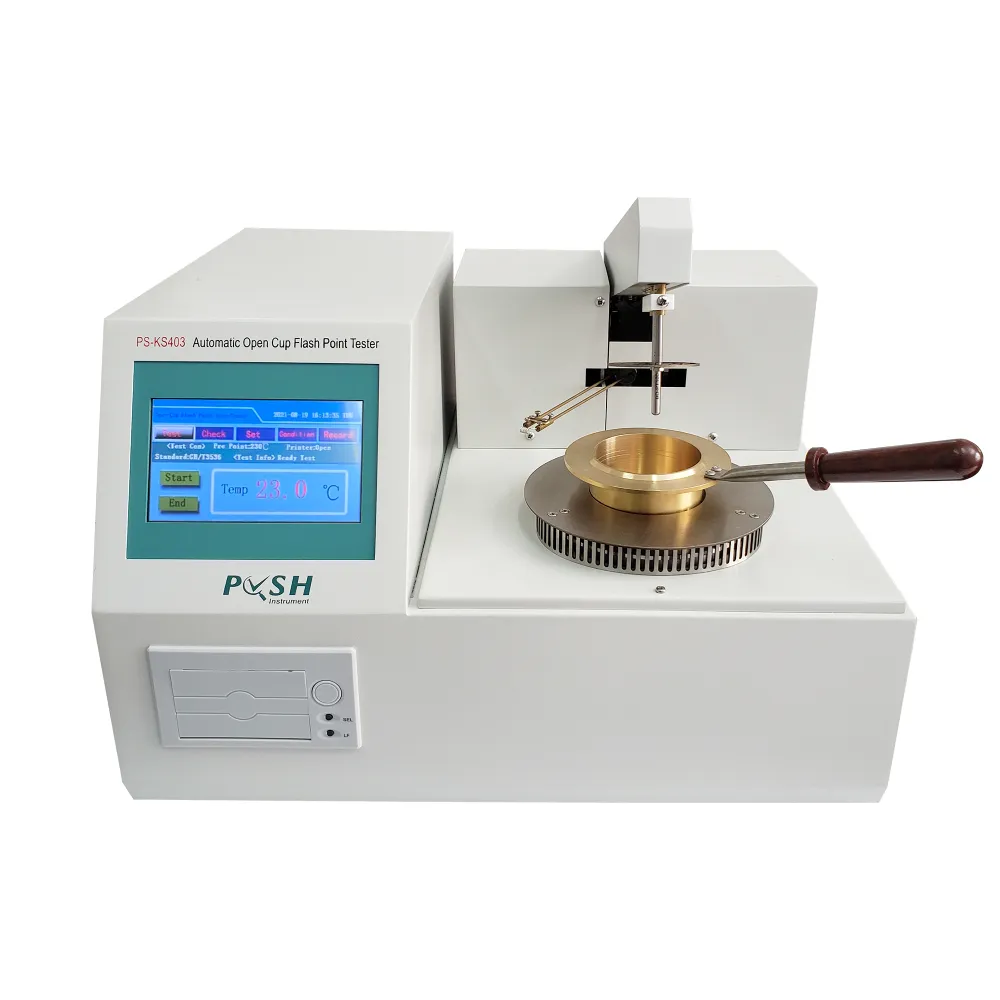 English
English


karl fischer instrument
Understanding Karl Fischer Instruments A Vital Tool for Water Determination
In analytical chemistry, accurate measurement of water content is crucial for various applications, ranging from pharmaceutical formulations to food processing and chemical production. Among the various techniques available for this purpose, the Karl Fischer titration method stands out as one of the most reliable and widely used methods. This article delves into the principles, applications, and advantages of Karl Fischer instruments.
What is Karl Fischer Titration?
Karl Fischer titration is a quantitative analytical technique used to determine the water content in a sample. Developed in 1935 by a German chemist, Karl Fischer, this method is based on the reaction of water with iodine in the presence of a base, typically imidazole or pyridine. The main components of a Karl Fischer titration setup include a titrator, a solvent, and a detection system, which together facilitate the accurate measurement of water content.
The basic reaction can be summarized as follows
\[ \text{H}_2\text{O} + \text{I}_2 + \text{SO}_2 + \text{Base} \rightarrow \text{I}^- + \text{HSO}_4^- + \text{other products} \]
The stoichiometry of the reaction allows for precise calculations of water content based on the amount of iodine required to reach the endpoint of the titration.
Components of Karl Fischer Instruments
A typical Karl Fischer instrument consists of several essential components
1. Titrator The main device that controls the titration process. It automatically adds a titrant to the sample in a controlled manner while measuring the resultant change in potential or current.
2. Electrode System A pair of electrodes is employed to detect the endpoint of the titration. This is typically done through a potentiometric system that measures the voltage change associated with the reaction.
3. Solvent System The solvent is crucial as it dissolves the sample and facilitates the reaction. Common solvents include methanol, ethanol, or specialized solvents suitable for specific matrix types.
4. Sample Chamber This is where the sample is introduced, and the titration takes place. It is designed to minimize exposure to moisture and contaminants to ensure accurate results.
Advantages of Karl Fischer Titration
karl fischer instrument

Karl Fischer titration offers several advantages, making it a preferred choice for water determination
- High Precision and Accuracy Karl Fischer titration is known for its accuracy and reproducibility. It can detect water content as low as parts per million (ppm), making it suitable for highly sensitive applications.
- Versatility The method can be applied to various sample types, including solids, liquids, and gases, and can accommodate a wide range of concentrations.
- Quick Results The titration process is generally fast, providing results in a matter of minutes, which is beneficial for high-throughput environments.
- Automation Modern Karl Fischer instruments are often automated, allowing for less manual intervention, minimizing human errors, and increasing efficiency in laboratory workflows.
Applications of Karl Fischer Instruments
The applications of Karl Fischer titration span multiple industries
- Pharmaceuticals Accurate water content measurement is critical in drug formulations to ensure stability and prevent degradation.
- Food and Beverage Water content affects the shelf life, texture, and quality of food products, making this method essential for quality control.
- Petrochemicals In the oil and gas industry, controlling water content in fuel and lubricants is vital for performance and safety.
- Polymer Production The moisture content in polymers can affect their properties, and Karl Fischer titration provides precise analysis.
Conclusion
In conclusion, Karl Fischer instruments play a pivotal role in the accurate determination of water content across a variety of industries. Their precision, versatility, and ability to handle different sample types make them indispensable tools in analytical laboratories. As technology continues to advance, the development of more sophisticated Karl Fischer systems will likely lead to even greater efficiencies and capabilities, further solidifying their importance in quality control and research applications. Whether for regulatory compliance or product quality assurance, mastering the principles of Karl Fischer titration is essential for professionals in the scientific community.
-
Differences between open cup flash point tester and closed cup flash point testerNewsOct.31,2024
-
The Reliable Load Tap ChangerNewsOct.23,2024
-
The Essential Guide to Hipot TestersNewsOct.23,2024
-
The Digital Insulation TesterNewsOct.23,2024
-
The Best Earth Loop Impedance Tester for SaleNewsOct.23,2024
-
Tan Delta Tester--The Essential Tool for Electrical Insulation TestingNewsOct.23,2024





